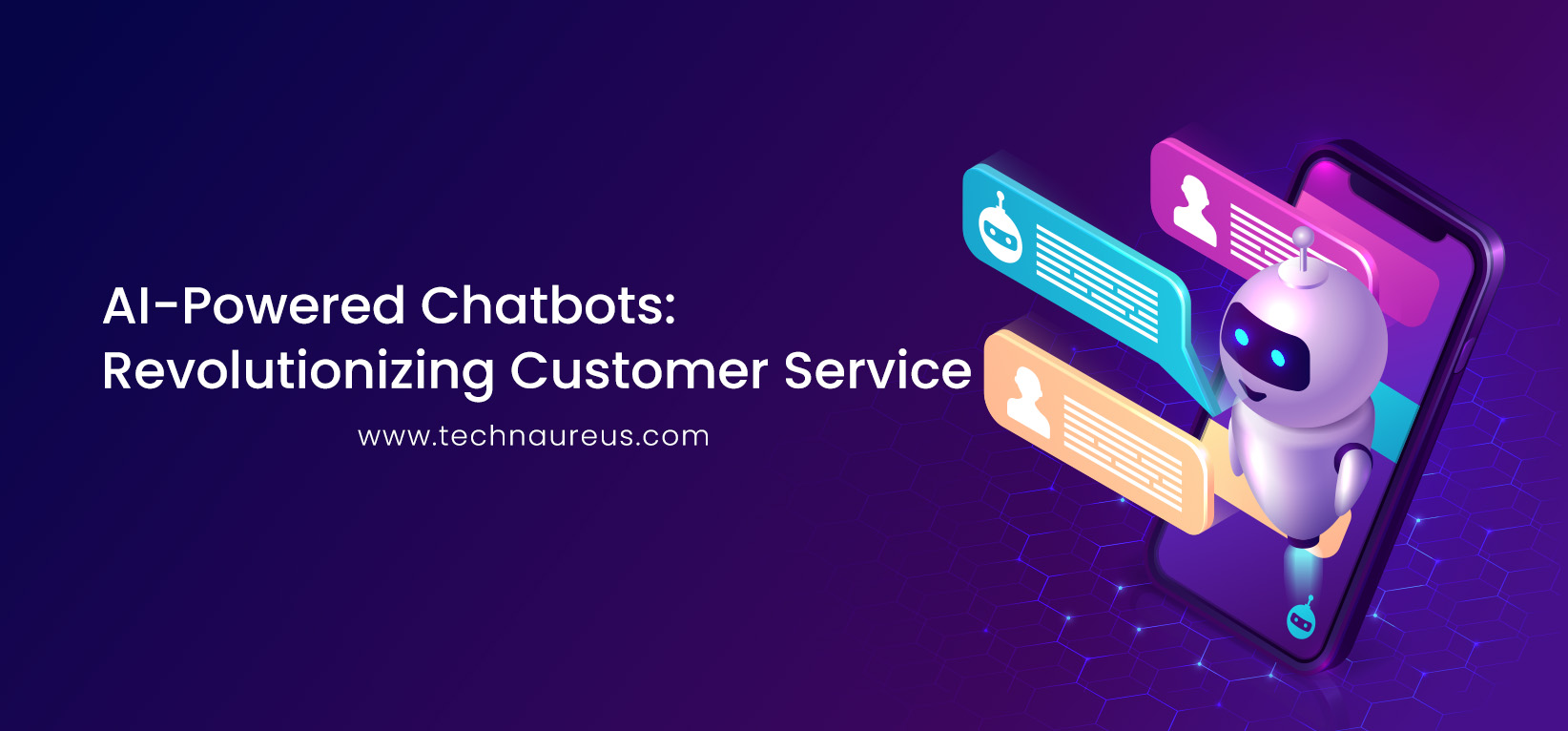Shahbaz BackerNov. 15, 2024
In today's fast-paced business environment, exceptional customer service is essential for companies to thrive. With advancements in artificial intelligence (AI), businesses are increasingly leveraging AI-powered chatbots to enhance customer interactions. These intelligent virtual assistants are transforming customer service by providing personalized support, 24/7 availability, and efficient issue resolution, ultimately leading to higher customer satisfaction.
AI-powered chatbots utilize natural language processing (NLP) and machine learning algorithms to simulate human-like conversations with customers. By analyzing queries, these chatbots can provide relevant information and tailored recommendations. Their ability to understand customer intent and context allows them to deliver accurate responses, ensuring a seamless experience for users.
One of the most significant advantages of AI-powered chatbots is their capacity to offer round-the-clock support. Unlike traditional customer service teams bound by working hours, chatbots are available anytime, anywhere. This constant availability eliminates the frustration customers often face when they need assistance outside regular business hours.
By providing instant responses to inquiries, chatbots enhance the customer experience and minimize wait times. For instance, if a customer has a question about their order status at midnight, they can receive immediate assistance from a chatbot instead of waiting for a human representative to become available. This level of responsiveness fosters a sense of reliability and trust in the brand.
AI chatbots significantly contribute to improving customer satisfaction in several ways:
Chatbots can leverage customer data to provide personalized support. By analyzing previous interactions, purchase history, and preferences, they can tailor recommendations and responses to each individual. This personalized approach not only enhances customer engagement but also makes users feel valued, which can lead to increased loyalty.
Automating routine tasks allows human agents to focus on more complex inquiries. Chatbots excel at handling frequently asked questions, order tracking, and basic troubleshooting. By resolving these common issues quickly, businesses can streamline their operations and enhance overall efficiency, resulting in faster response times.
AI chatbots seamlessly integrate across various communication platforms, including websites, social media, and messaging apps. This omnichannel approach ensures a consistent customer service experience, allowing customers to interact with brands through their preferred channels. The ability to maintain context across different platforms further enhances the user experience.
Chatbots can gather valuable data about customer interactions, preferences, and pain points. This information can be analyzed to identify trends, improve services, and enhance the chatbot's responses over time. By continuously learning from customer interactions, chatbots can evolve to meet changing expectations, further driving satisfaction.
Many companies have successfully implemented AI-powered chatbots, resulting in remarkable improvements in customer service:
To effectively implement AI-powered chatbots, businesses should:
As AI technology continues to evolve, the capabilities of chatbots will expand. Future advancements may include improved natural language understanding, sentiment analysis, and emotion detection, allowing chatbots to respond more effectively to customers' nuanced needs. Voice-based interactions and enhanced personalization will further elevate the customer experience.
AI-powered chatbots are revolutionizing customer service by providing personalized support, round-the-clock availability, and efficient issue resolution. Companies that embrace this technology are witnessing significant improvements in customer satisfaction, reduced response times, and increased sales. As the future of customer service evolves, AI-driven solutions will play a crucial role in enhancing the overall customer experience.
At Technaureus Info Solutions, we recognize the transformative potential of AI-powered chatbots. By leveraging this technology, businesses can enhance their customer interactions, streamline operations, and ultimately achieve greater success in a competitive landscape.

0